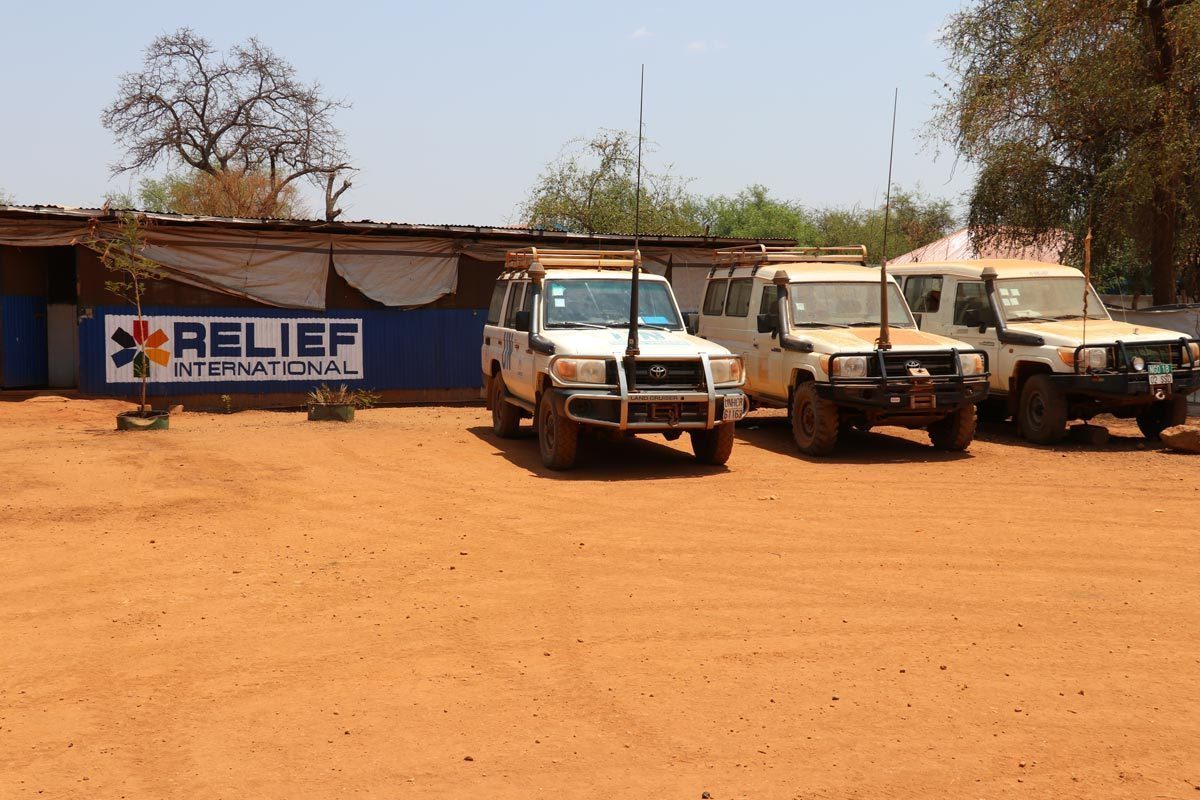Before we can start working, we have to understand the context of the setting we’re entering. We use a “systems approach” to explore the essential question: what existed before the crisis struck?
We do this by mapping out the dynamics of a given sector. Our assessment explores supply and demand, rules and regulations, supporting functions, key stakeholders, and other impacting factors.
In the fragile settings where Relief International operates, our assessment is likely to reveal one or more of the following:
- Supply of basic goods and services that are not able to keep up with demand in timeliness of delivery, quality, or quantity
- Significant populations of internally displaced persons and/or refugees present and living with a lack of rules and regulations and/or effective enforcement. This problem is often exacerbated by families not having official papers, registrations, identification cards, birth certificates, school records, etc.
- Chronic and acute environmental stresses and/or climate change impacts (e.g., flooding or droughts) that disrupt a system’s function
- Lack of security, which constrains or complicates participation of sector stakeholders
- Weak and non-transparent governance structures that make it difficult to enforce existing rules and regulations, making access to goods and services challenging
- Non-state stakeholders that are in conflict with state stakeholders, but have influence, power, and sometimes direct roles in a sector system
- Pervasive protection issues that must be considered when delivering goods and services, especially for women and children
- Disruption of traditional family and community structures, as well as social networks, which undermine how populations produce and access sector goods and services
Using a systems analysis equips Relief International to design solutions that reinforce and improve upon existing in-country systems. Where such systems do not exist or are chronically underperforming, our work lays the foundation for long-term, sustainable change.
